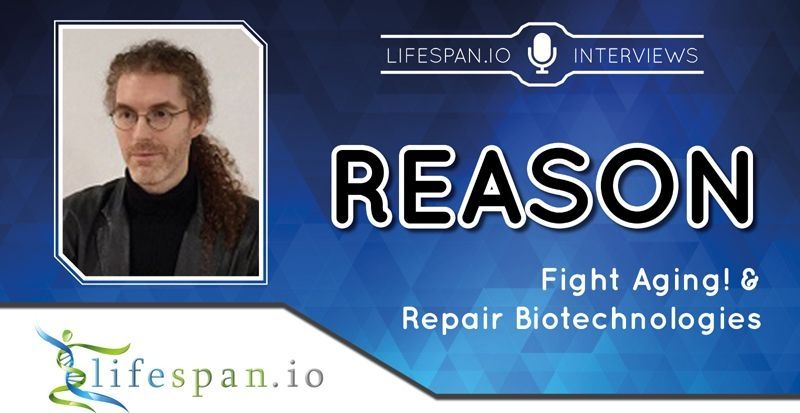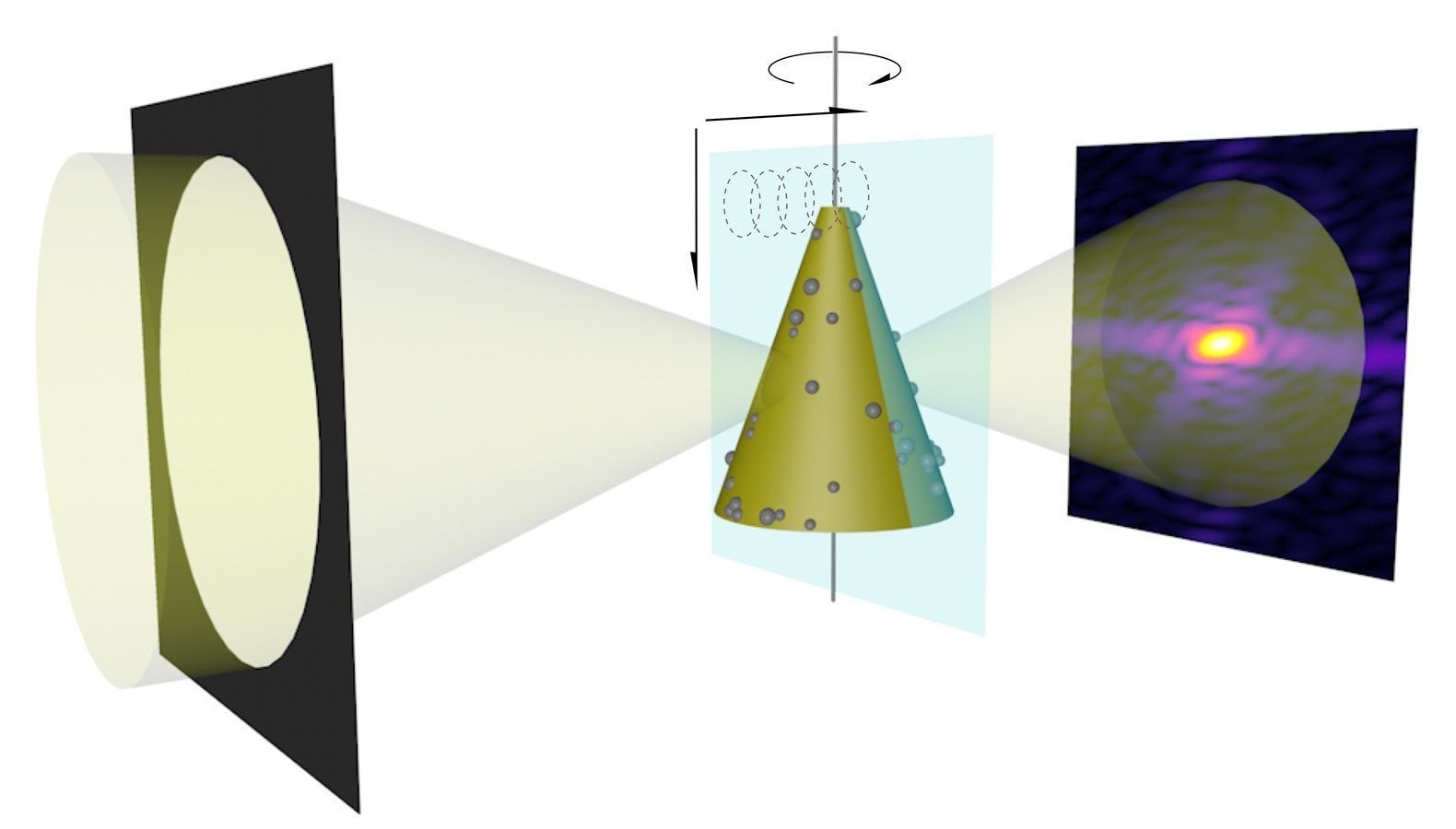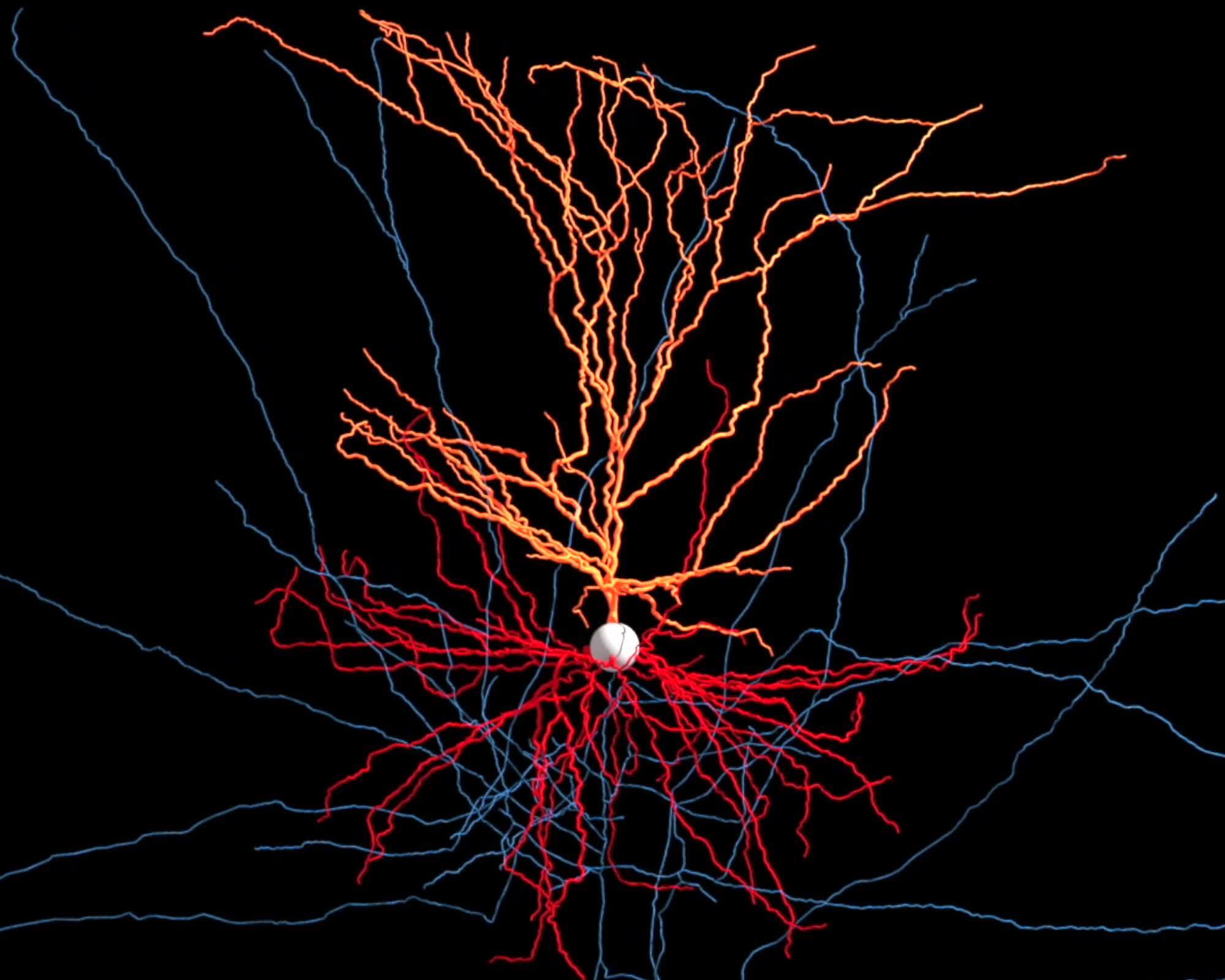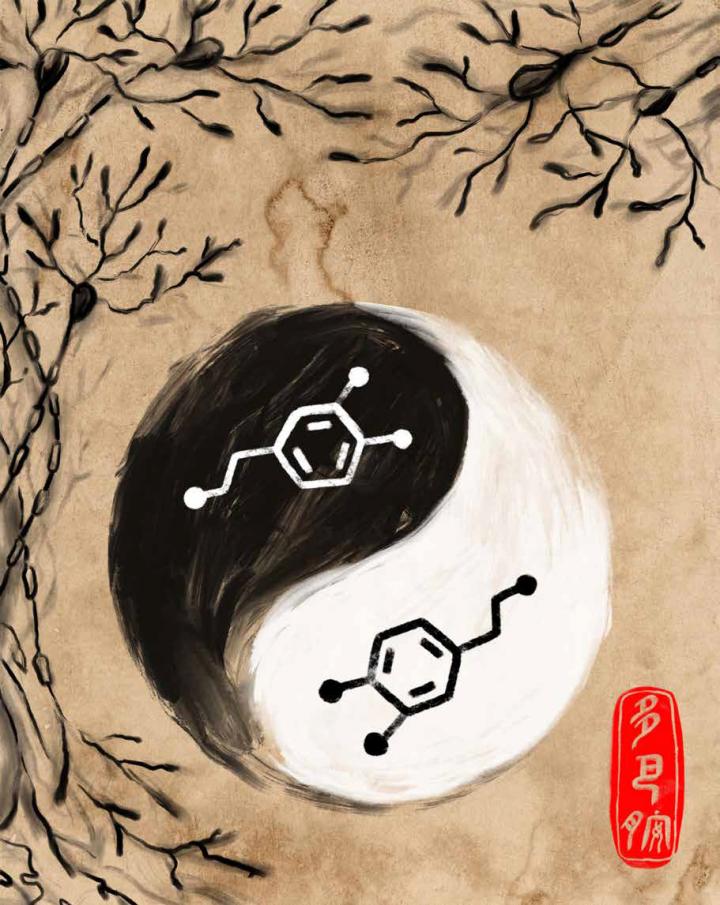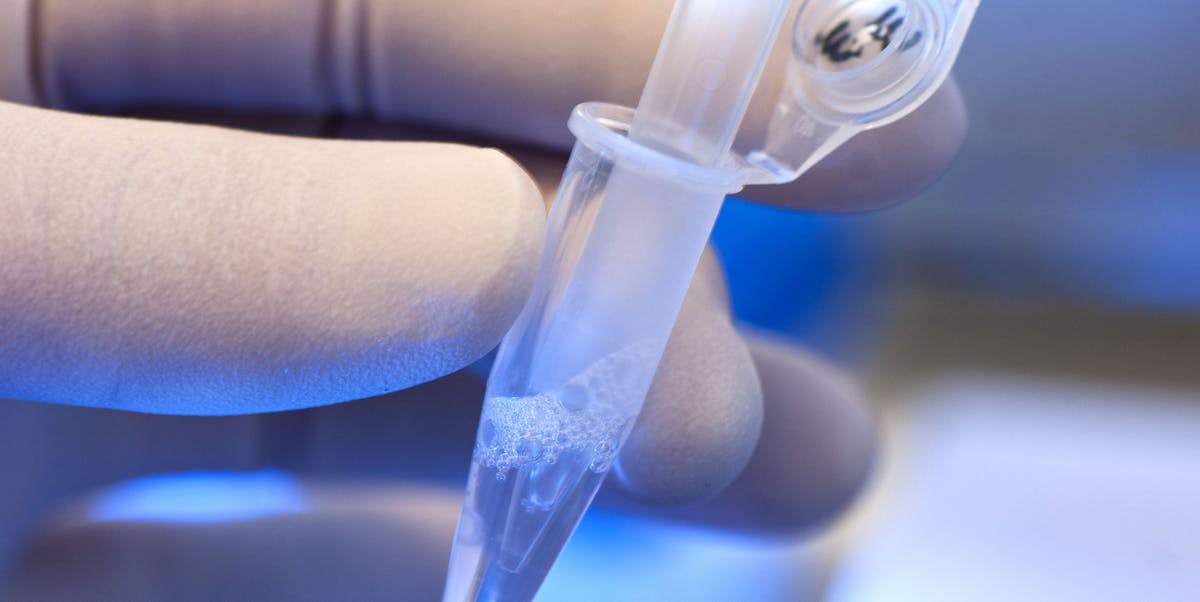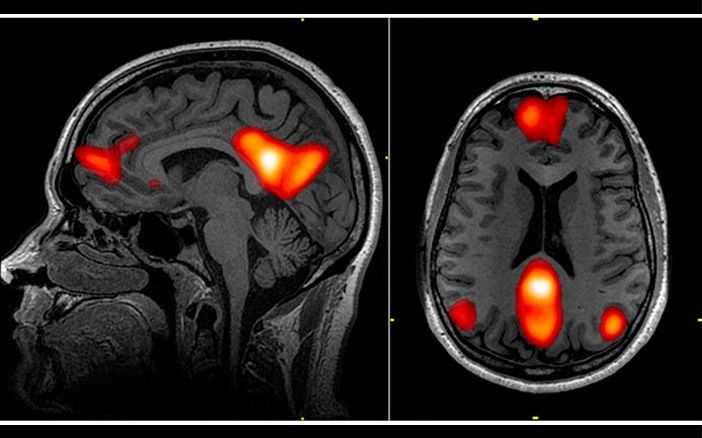Archive for the ‘neuroscience’ category: Page 790
Dec 12, 2018
An Interview with Reason – Near-Term Life Extension Therapies
Posted by Steve Hill in categories: biotech/medical, life extension, neuroscience
Today, we present an interview with Reason, the editor of Fight Aging! and co-founder of Repair Biotechnologies. We asked him about the state of rejuvenative therapies, some of which may be available in the near future.
Fight Aging! was the first blog that tackled the science of aging in a serious fashion. Many people still treat it as the go-to site for high-quality information and opinion on the rapidly growing field of biogerontology.
Reason (he goes by only his first name), the brain behind the Fight Aging! blog, has been involved in one way or another with anti-aging science for almost two decades as a writer, researcher, and investor. His new company, Repair Biotechnologies, is focused mainly on halting thymic atrophy and atherosclerosis, which causes about 20 percent of all human deaths.
Continue reading “An Interview with Reason – Near-Term Life Extension Therapies” »
Dec 12, 2018
New X-ray imaging approach could boost nanoscale resolution for advanced photon source upgrade
Posted by Genevieve Klien in categories: biological, nanotechnology, neuroscience, particle physics
A longstanding problem in optics holds that an improved resolution in imaging is offset by a loss in the depth of focus. Now, scientists are joining computation with X-ray imaging as they develop a new and exciting technique to bypass this limitation.
The upcoming Advanced Photon Source Upgrade (APS-U) project at Argonne will put this problem under one of the brightest spotlights imaginable. The upgrade will make the APS, a Department of Energy Office of Science User Facility, 500 times brighter than it is today, further enhancing the capabilities of its X-rays to study the arrangements of atoms and molecules in a wide range of biological and technological materials.
“A whole variety of X-ray imaging experiments ultimately will need something like this as they all push the resolution to finer length scales in the future,” said Chris Jacobsen, an Argonne Distinguished Fellow and professor of physics at Northwestern University. With the Upgrade in place, the APS’s X-rays could allow scientists to study systems like the brain’s full network of synaptic connections, or the entire volume of an integrated circuit down to its finest details.
Dec 11, 2018
Wait…Maybe the Hippies Weren’t Right
Posted by Xavier Rosseel in category: neuroscience
Not surprising I suppose, and also good…to have a kind of counter article soon in the same magazine.
A recent proposal about consciousness is fascinating—but it’s not science.
- By Joshua Tan on December 11, 2018
Dec 11, 2018
Understanding Mild Cognitive Impairment (MCI)
Posted by Genevieve Klien in categories: biotech/medical, life extension, neuroscience
Mild cognitive impairment (MCI) is an intermediate stage between the expected cognitive decline of normal aging and the more-serious decline of dementia. It can involve problems with memory, language, thinking, and judgment that are greater than normal age-related changes.
If you have mild cognitive impairment, you may be aware that your memory or mental function has “slipped.” Your family and close friends also may notice a change. But generally these changes aren’t severe enough to significantly interfere with your day-to-day life and usual activities.
Mild cognitive impairment may increase your risk of later progressing to dementia, caused by Alzheimer’s disease or other neurological conditions. But some people with mild cognitive impairment never get worse, and a few eventually get better.
Dec 10, 2018
Researchers say coffee may combat two devastating brain diseases
Posted by Genevieve Klien in categories: biotech/medical, neuroscience
The past few years have brought lots of good news for anyone who considers coffee a vice. Scientists have discovered that various compounds in coffee can help fight a number of diseases including Alzheimer’s, and now a new study is putting even more weight behind the notion that coffee is very good for you.
The work, which was published in Proceedings of the National Academy of Sciences, suggests that not only does coffee battle Parkinson’s but also another incurable brain disease called Lewy body dementia. Conducted by scientists at Rutgers, the study points to the combined effects of caffeine and a fatty acid present in coffee called EHT as potentially playing key roles in disease fighting.
Dec 10, 2018
Dopamine’s yin-yang personality: It’s an upper and a downer
Posted by Xavier Rosseel in category: neuroscience
Having separate neuronal correlates for appetitive and aversive behavior in our brain may explain why we are striving for ever-greater rewards while simultaneously minimizing threats and dangers. Such balanced behavior of approach-and-avoidance learning is surely helpful for surviving competition in a constantly changing environment.
Dopamine has a reputation as the key player in the brain’s reward circuits, making us seek out pleasurable experiences, but growing evidence points to a multipronged role for the neurotransmitter. In particular, dopamine may also reinforce avoidance of painful experiences. UC Berkeley researchers have now mapped dopamine neurons in the brain with fiber photometry and discovered two parallel dopamine circuits driving attractive and aversive reinforcement learning and motivation.
Dec 9, 2018
Scientists May Have Halted Blindness Caused by This Rare Genetic Disease
Posted by Genevieve Klien in categories: biotech/medical, genetics, neuroscience
D esigner therapies are treatments tailored to a specific disease, and nowhere is the need greater for new therapies than in a group of nervous system disorders, known as “neurodegenerative diseases.”
Many of these diseases are common and well-known, such as Alzheimer’s or Parkinson’s disease. However, some are very rare, genetic disorders that are the consequence of a defective gene. In all these diseases, a mutant protein that misfolds causes the degeneration and death of neurons. One effective therapeutic strategy is to prevent the rogue protein from ever being made.
Spinocerebellar ataxia type 7 (SCA7) is one such disease in which nerves in different parts of the brain, including the eye, degenerate, which leads to blindness and difficulty walking, speaking, and balancing. SCA7 is dominantly inherited — which means that you just need one bad copy of the mutation to cause disease. The disease occurs when a short section of DNA that encodes ataxin-7 gene is erroneously repeated — like a word in a book printed two or three times. In this case, three chemical units of the DNA sequence — C-A-G — are repeated over and over.
Continue reading “Scientists May Have Halted Blindness Caused by This Rare Genetic Disease” »
Dec 9, 2018
Childhood adversity linked to reduced inhibitory control and alterations in key brain networks
Posted by Genevieve Klien in categories: biotech/medical, health, neuroscience
New research suggests that exposure to childhood adversity is associated with reduced cognitive control and alterations in key brain networks. The findings, which appear in the journal Social Cognitive and Affective Neuroscience, could help explain the link between childhood adversity and depression.
“My work focuses on how we can use objective biomarkers to aid in clinical decision making,” said study author Scott A. Langenecker of the University of Utah.
“One challenging clinical decision point is what to do when individuals have recovered from a depressive episode. Do we continue treatment? Do we exercise regular check-ins? Or do we just wait and see?”

